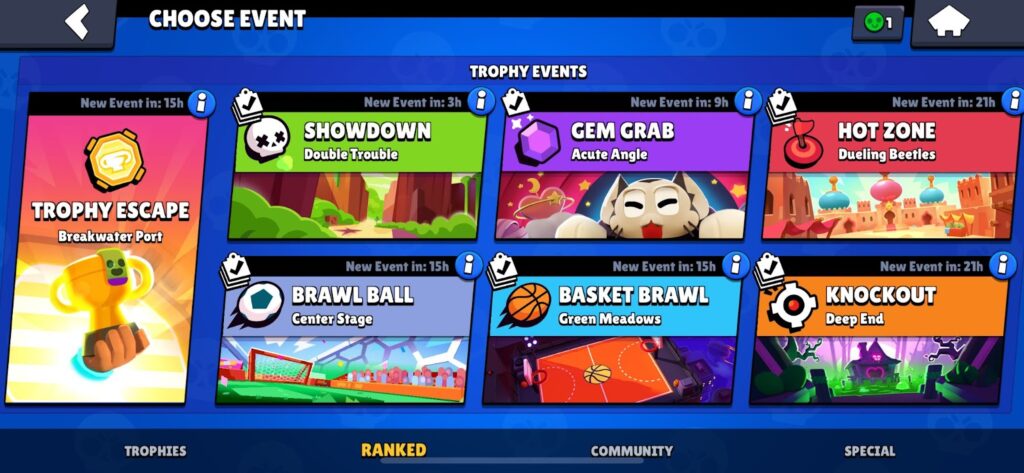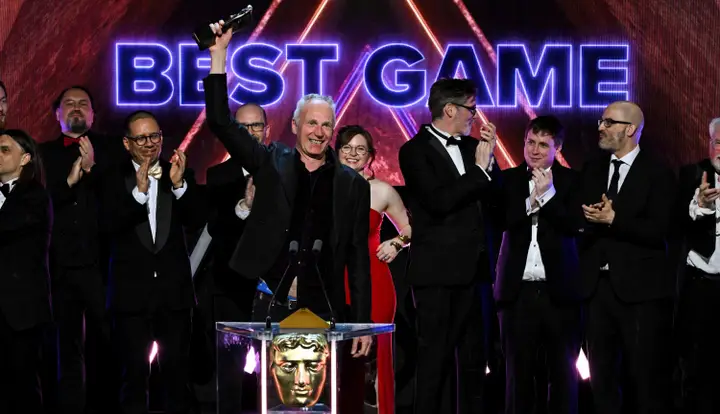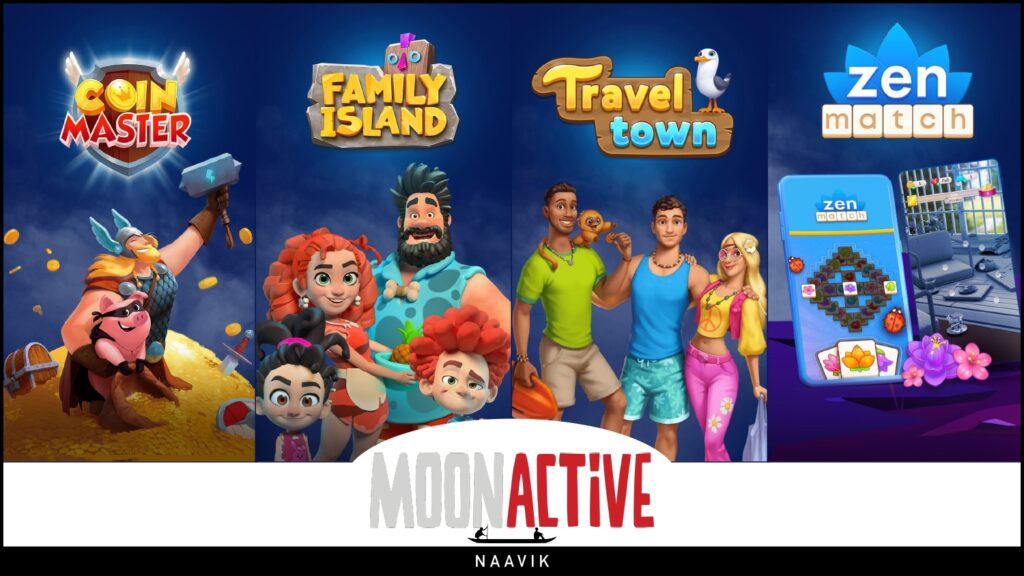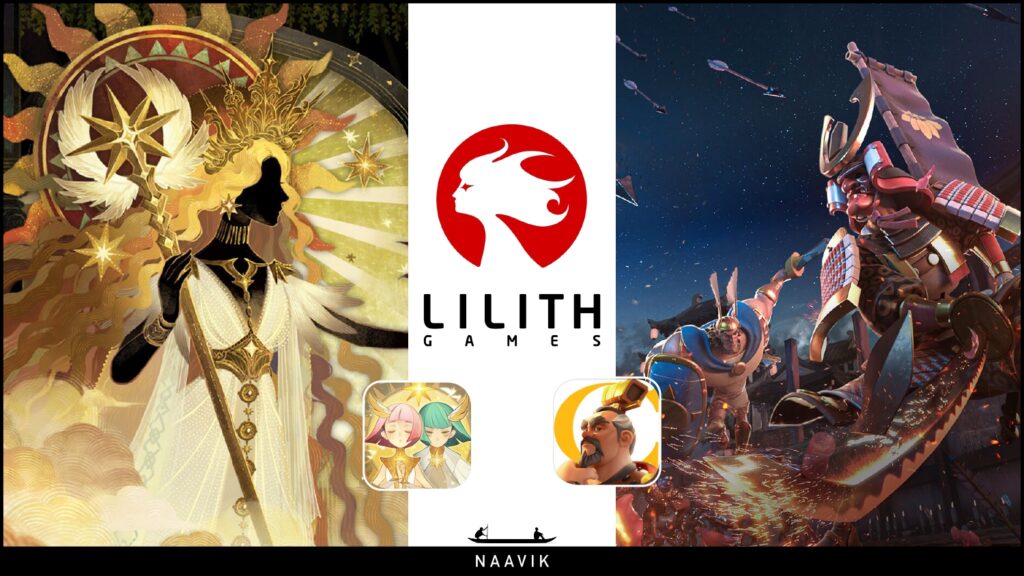
Traditional game development wisdom instructs us to create singular, focused experiences built around a tight core loop. But many game makers have that one dream game that is ridiculously over-scoped and perhaps incoherent in its identity — let’s call this the Everything Game.
The Everything Game is one of those $1B venture capital pitches where you aren’t building just a game, but a platform. Most developers abandon the Everything Game once they try to ship something; some choose to build it nevertheless.
However, the likes of Fortnite and Roblox are not the topics of this article — for me, the most compelling Everything Games emerge from mobile-first live service titles that progressively broaden their scopes.
The Unlikely Contenders
Consider that any multiplayer game with enough users and broad enough core gameplay can become an Everything Game. Multiplayer is essential because of its inherent network effects; the breadth of the core gameplay is vital so that varied gameplay can actually work.
Let’s unpack a couple of examples.
Stumble Guys and Eggy Party are the biggest party royale games in the West and the East, respectively. At their core, both games are multiplayer platform games with funky physics. They also provide tools for players to create their own maps.
In Stumble Guys’ varied game modes, you can race cars and even play a clunky version of a first-person shooter. NetEase’s Eggy Party goes even further: You’ll find an Among Us-inspired social deduction game, a full MOBA mode, a PUBG clone, and even a single-player Vampire Survivors experience, all within the Eggy Party app. None of this makes any sense, yet it somehow works!
Why would a developer put so much effort into such wildly diverse modes? Incumbent developers are clinging to their most significant advantage: existing users. In short, the more varied tastes the game caters to, the fewer reasons there are for players to find another game to play.
Broad appeal is also a distribution advantage. Let’s take the example of a school classroom as the cultivation ground for viral installs in modern multiplayer games. One class member might enjoy the competitive ranked experience of a game; perhaps they bring along a friend who plays more casually. The viral installs stop here if the experience only caters to hardcore users. The entire class will play if the game caters enough for everyone.
The Case of Everything in Brawl Stars
Most games shouldn’t start as an Everything Game. Early on, the lack of focus can severely backfire: Scope creep will delay the game’s release, and the incoherent identity of the game can make marketing harder, not easier.
However, varied gameplay can amplify the network effects once the game has attracted a large user base. Brawl Stars is a terrific example of that opportunity. At its core, it’s a competitive MOBA, but for a large part of the player base, it’s a game about hanging around with friends and collecting costumes. In that sense, it is pretty similar to Fortnite!
Brawl Stars recently experienced a renaissance with a perfect storm of product improvements, resurgence of organic downloads, and a coordinated user acquisition effort.
Brawl Stars already has soccer and basketball modes in addition to more traditional MOBA gameplay. However, even the wilder game modes are still the core Brawl experience with a twist. Technically, the game could house anything played with a top-down camera and virtual controls. It could be casual racing in the vein of Micro Machines, or perhaps a new co-op cooking mode á la Overcooked. If Supercell is willing to experiment, both — and more! — are within its grasp. With Brawl Stars’ event-based core loop, slotting game modes in and out is an easy way to test what works and what doesn’t.

Conclusion
In 2024, 2024, all developers are struggling to create new games. This is not only a distribution problem; it’s also about players being quite content playing games already out there. Providing new experiences does not necessarily mean new SKUs, but even the greatest Everything Games should be designed with care to avoid the dangers of bloat and incoherence.
Notably, the opportunity is there not only for Brawl Stars, but for any multiplayer game with a sizable community. Companies running games such as Among Us, Garena Free Fire, or Genshin Impact should all be open-minded about how far their core gameplay can stretch.
A Word from Our Sponsor: NEFTA

Nefta's advertising network provides a privacy-compliant solution to the problems publishers and advertisers face, diminishing revenue and eCPMs from iOS users that opt-out through ATT. Nefta has devised an approach using first-party data to improve in-app advertising revenue.
Publishers integrate an SDK natively or via LevelPlay or Max mediation and add Nefta's game event taxonomy to gain greater insights into player behaviour. Nefta's platform observes these game events and usage patterns on an app-by-app basis and applies advanced machine learning and behavioural analytics to create profile groups. Nefta discovered that certain profile groups are more likely to click certain creatives resulting in greater audience engagement, ad interaction, and revenue growth.
This is how we are able to drive superior results for advertisers while increasing ARPDAU for publishers, in a 100% privacy-compliant way.
Content Worth Consuming

Larian after Baldur's Gate 3:"We have ambitions to make really good RPGs, and that's sufficient" (gamesindustry.biz): “Last week, Larian's Baldur's Gate 3 won five BAFTAs, including Best Game and Player's Choice. That's on top of GOTY accolades at the Golden Joystick Awards, The Game Awards, the DICE Awards, and the Game Developers Choice Awards. As GamesRadar+ pointed out, that makes it the first game to accomplish this grand slam since The Game Awards' inception in 2014.”
Why you should "create the same game, over and over"? (The GameDiscoverCo): “So, we recently had a chance to check out Kim Nordstrom’s new book UP DOWN UP, which is a rare bird – a wider-screen ‘video game biz book’. It’s about “why some game companies succeed while others fail”, using interviews with 100+ game biz notables. We say rare, because? You see a lot of these ‘business philosophy’ books in tech as a whole, but not so much in games. And Nordstrom himself is a former VP at King and CSO at Paradox – so he draws on a lot of handy lessons from those companies.”
Spirit City: Lofi Sessions. How shrinking down lead to huge success (howtomarketagame.com): “Spirit City: Lofi Sessions launched 1 week ago today and has already sold over 55,000 units. In fact, within the first 4 days it already sold 40,000 copies. The game is developed by Mooncube Games, a small, 3-person team from Montreal, Canada. The studio was created in 2021 by Keith Ebanks, Félix-Antoine Dupéré and Alexandre Gendron. This game is an amazing success and in a genre that many indies probably haven’t even heard of: productivity idle game / room decorator / creature collector.”
Why it's become harder to raise investments in mobile game development in 2024 (gamesindustry.biz): “During the pandemic, the margins in the mobile games market continued to grow, surpassing expectations. Even after the initial surge, the market remained attractive despite a slight decline in growth, enabling high margins or significant returns when selling a share. However, the current situation is more nuanced. Game development professionals often regarded other business niches with disdain, citing superior financial metrics as the reason. And now, everything has changed.”
Beyond the routine in QA: how we automated regression testing(medium.com): "QA testing work is not tedious and monotonous, it’s a creative endeavor with a rich range of opportunities. To be fair, there is a boring side — regression. So, we decided to automate regression testing — here’s how.”
Our Investment Support Services

Over the past few years, we’ve had the privilege of supporting several great investment firms in and around gaming. Our team, which is deeply experienced and uniquely positioned at the cross-section of gaming, technology, and finance, is available to provide market and investment research, due diligence, and advisory support. Here is what one of our clients had to say.

“BITKRAFT partnered with Naavik over the past few years on various research activities. The Naavik team delivered excellent insights and delivered with rigor and in high quality. We enjoyed our collaboration with Naavik on those projects and would always consider working with Naavik again in the future."
- Jens Hilgers, Founding General Partner at BITKRAFT
If you’d like to learn more, reach out here! Also check out our expanded consulting service portfolio here.








